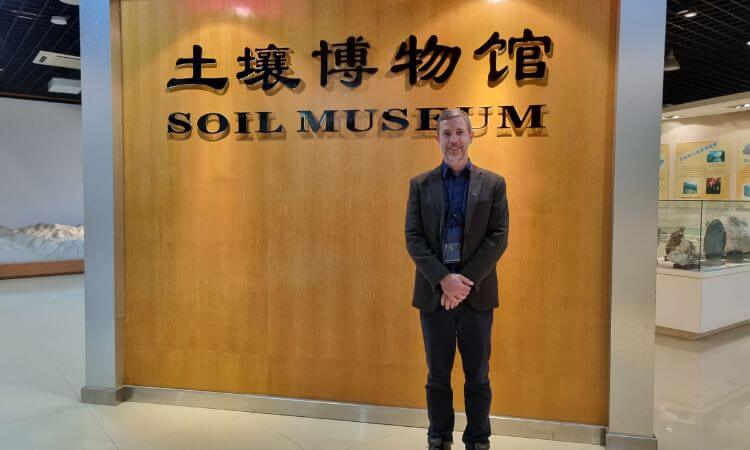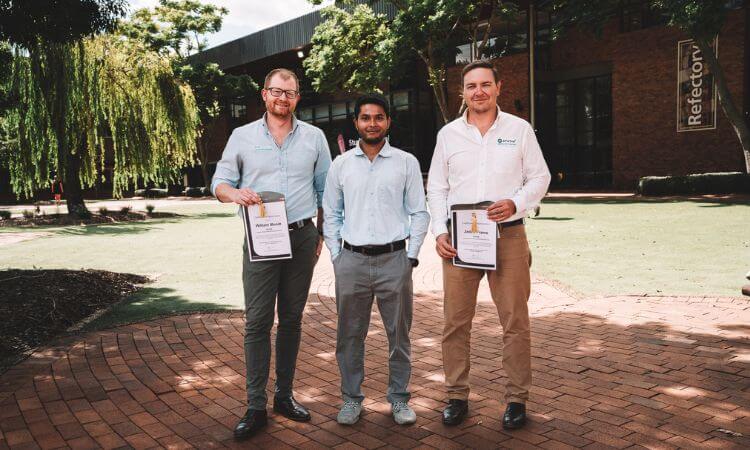I had the privilege of visiting China last month for the 2024 Climate Future & Smart Agriculture Forum in Lanzhou and the Emerging Researchers Study Tour through Gansu and Shaanxi Provinces.
I was joined by four other UniSQ PhD candidates on my first trip to China. It’s hard to adequately summarise the trip in a few words.
There was the awe-inspiring landscape of the loess plateau and the Yellow River. There was rich history, with the region sitting at the heart of the Silk Road. At the Museum of Chinese Agricultural
History, we learned that Chinese agricultural science goes back 2,000 years.
Then there was the sheer scale of infrastructure: buildings, roads, high-speed rail. Yangling is an entire city dedicated to agricultural science.
The scale of China’s higher education system is staggering. Australia graduates around 900 students in agriculture each year; Northwest A&F University alone has 30,000 students in agriculture or related programs. Most Chinese provinces have an agriculture-focused university that also hosts many international students.
It was fascinating to hear from Chinese colleagues about the challenges of sustaining agricultural productivity in such a densely populated country.
The stakes are high, and the emphasis on agricultural research, development, and extension reflects this urgency. Many of the challenges mirror those in Australia, but China’s margin for error is much smaller.
The people were generous, polite, hardworking, and welcoming and made our experience unforgettable. Our hosts eagerly shared their knowledge.
The forum and study tour were funded by the National Foundation for Australia-China Relations, an initiative of the Australian Government aimed at strengthening ties between our two countries. I applaud this effort.
Australia has much more to gain through collaboration with China, especially in addressing shared challenges in food, water, energy, and education.



